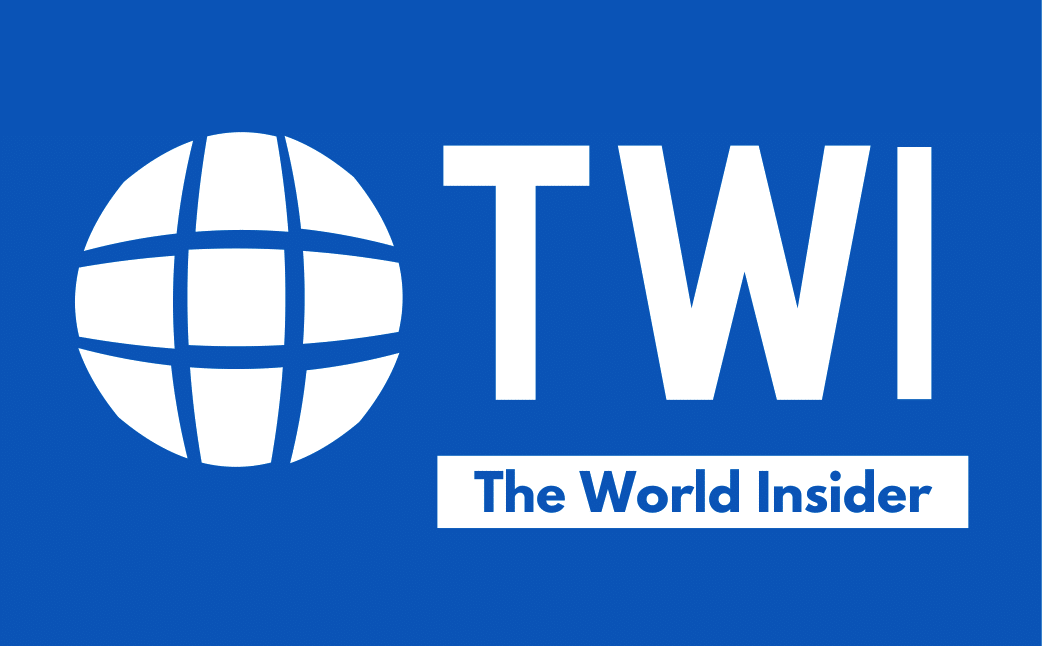Russia shows no signs to de-escalate on the Ukrainian border
The United States and Russia gave no sign that they had narrowed their differences on Ukraine in talks in Geneva on Monday. U.S, Deputy Secretary of State Wendy Sherman met with Russian Deputy Foreign Minister Sergey Ryabkov in the first of three sets of bilateral bilateral Strategic Stability Dialogue this week.
Despite ”frank and forthright” of nearly eight hours at the U.S. mission in Geneva, it is too soon to say whether the Kremlin was serious about diplomacy and de-escalation.
Wendy Sherman said she does not know yet whether Russia is prepared to de-escalate the situation with Ukraine following its massive buildup of Russian troops near Ukraine’s border amid growing concerns of a possible invasion.
“I don’t think we know the answer to that,” Sherman said when asked if the U.S. got an indication that Russia is prepared to de-escalate on the Ukrainian border. “We will see whether, in fact, Russia understands that the best way to pursue diplomacy is for them to reduce those tensions and to de-escalate.”
Russian Deputy Foreign Minister Sergei Ryabkov said that “Unfortunately we have a great disparity in our principled approaches to this. The U.S. and Russia in some ways have opposite views on what needs to be done.”
Ryabkov repeated a set of demands including a ban on further NATO expansion and an end to the alliance’s activity in the central and eastern European countries. “We underscore that for us it’s absolutely mandatory to make sure that Ukraine never, never, ever becomes a member of NATO,” he said. “We need iron-clad, waterproof, bulletproof, legally binding guarantees. Not assurances, not safeguards, guarantees with all the words ‘shall, must’, everything that should be put in, ‘never ever becoming a member of NATO’. It’s a matter of Russia’s national security,” Russian deputy foreign minister said.
Russia has massed 100,000 troops near Ukraine’s border while demanding that the U.S.-led NATO alliance deny membership to Ukraine. The United States and NATO have rejected Russian demands.
While, “Moscow claims it is Ukraine seeking conflict and behaving provocatively, and not Russia. It bears repeating that it was Russia that invaded Ukraine in 2014. It is Russia that continues to fuel a war in eastern Ukraine that has claimed nearly 14,000 Ukrainian lives. And now it is Russia’s actions which are causing a renewed crisis not only for Ukraine but for all of Europe.”
Sherman restated the Biden administration’s position which has warned Russia of new sanctions. “We’ve made it clear that if Russia further invades Ukraine, there will be significant costs and consequences well beyond what they faced in 2014,” saying that the NATO, G7 and the European Council are “very well aligned” with the U.S. on financial sanctions against Russia.
“Those costs will include financial sanctions, and it’s been reported those sanctions will include key financial institutions, export controls that target key industries, enhancement of NATO force posture on allied territory, and increased security assistance to Ukraine.”




